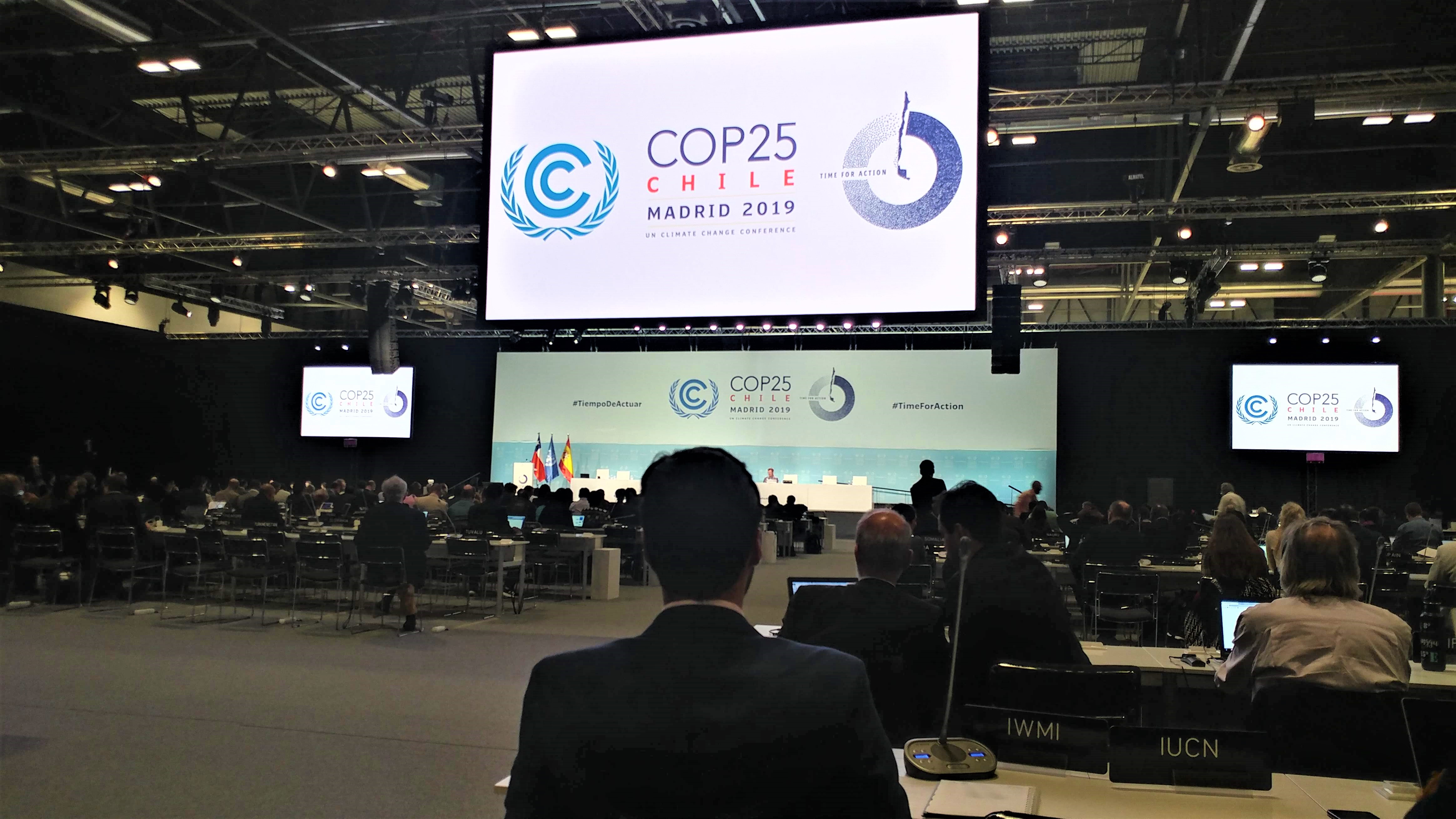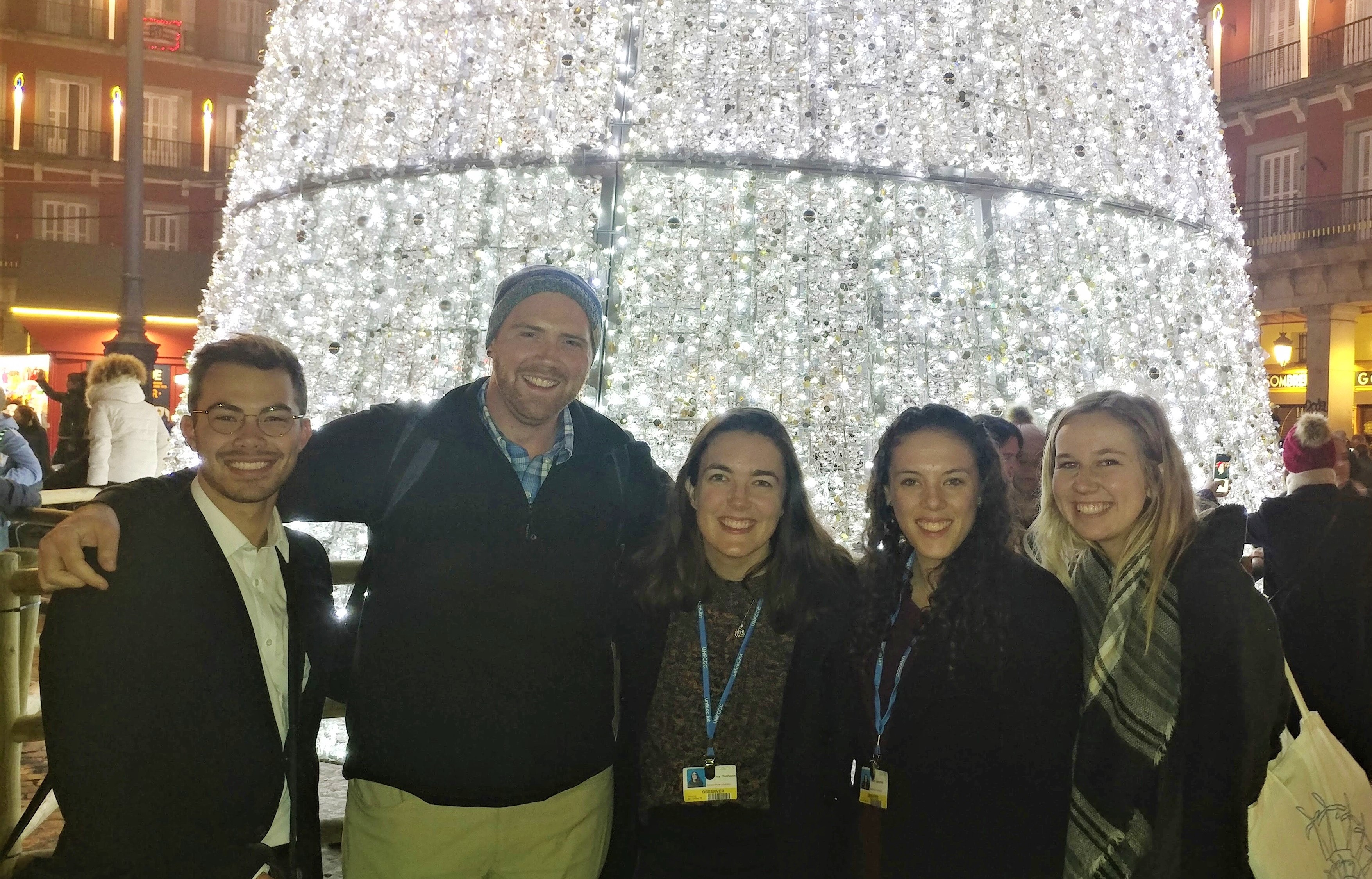Climate and governance: Geography PhD candidate represents ASU at UN convention

Peter Crank, PhD in geography candidate, at the United Nations Framework Convention on Climate Change. Photo by Peter Crank
Peter Crank, an Arizona State University geography PhD candidate and climatologist, found his seat in a packed convention hall in Madrid, opened his laptop and listened with intent as nearly 400 United Nation delegates from around the world negotiated policy to address global climate change.
The science underpinnings discussed were already familiar to Crank, so he instead focused on how it was being framed and communicated for decision-making by international leaders.
“Knowing the policy outcomes that could come from the general climate science work that I do affects how I frame problems,” Crank said. “It affects how I design my research and how I communicate my results to people. I want to be able to tie my research with the long-term goal of potentially being able to influence U.N. decisions.”
Earlier this month, Crank represented ASU's School of Geographical Sciences and Urban Planning as an observing delegate at the United Nations Framework Convention on Climate Change, known as COP25.
The annual conference is the gathering of the nearly 200 countries that make up the U.N. to discuss international action on climate change. It is from this conference that landmark international treaties such as the 1998 Kyoto Protocol and the 2016 Paris Agreement were produced.
Crank, along with a delegation of eight other ASU students, was chosen to represent the university based on his articulation of how attending the convention would help deepen his work and contribute to the larger ASU community.
United Nations Framework Convention on Climate Change, COP25. Photo by Peter Crank
Policy implications of climate science
Crank’s research at the School of Geographical Sciences and Urban Planning focuses on extreme heat in cities and its impact on health. He specifically is exploring how built environments influence our experience of thermal comfort and the mechanisms by which local governments and other stakeholders can help reduce health risks for residents.
Crank was nominated to attend the convention by David Sailor, director of the Urban Climate Research Center.
“When I heard about the opportunity to nominate students to be part of the ASU observer delegation to COP25, I immediately thought of Peter,” said Sailor, who is also a professor in the School of Geographical Sciences and Urban Planning. “Aside from his genuine interest in and expertise related to climate science, Peter has a deep interest in the intersection between climate challenges and governance. There are significant connections and parallels between global and local climate mitigation efforts.”
At the convention, Crank participated in the first week of activities with the Subsidiary Body for Scientific Technological Advice, a subcommittee that serves as a key liaison to the policymakers that define the larger conference’s aim and scope. This year COP25’s focus was to finalize changes to Article 6 of the Paris Agreement, the mechanism by which the U.N. tracks and quantifies what countries are doing to reverse climate change.
“Being at COP25 really showed me the interconnected nature of trying to address climate change at the global scale and the challenges that come with it,” Crank said. “It’s helped me to better understand the U.N. as a whole and how I as a climate scientist connect into the larger discussion that is going on.”
While focused on the local level, Crank believes his research may have the ability to create ripples of a larger change.
“While the U.N. is addressing the larger-scale issues of greenhouse gas emissions and human rights violations associated with climate change, it puts me at the grassroots side of climate change,” Crank said. “At the forefront of this is a validation of why my research matters, but it also helps me situate it and be able to point to tangible local efforts that can be done to mitigate the impacts of climate change on our daily lives.”
ASU COP25 student delegates in Madrid, Spain. Photo by Peter Crank
The future of academic climate leadership
Crank joins a select number of ASU students who have attended the United Nations Framework Convention on Climate Change. ASU has sent a delegation of select students, staff and faculty to attend the convention for a number of years.
“Students like Peter represent the future academic leadership around issues such as climate change,” Sailor said. “The more firsthand experience they can accrue early in their academic careers, the more effective they can be at informing processes such as COP25, and at advocating for change down the road.”
Sailor continued, “Peter was a great choice for the ASU delegation. That said, SGSUP has many students who exhibit a similar depth of knowledge, leadership and professionalism. So, I am hopeful that SGSUP students will continue to be selected to attend future COP meetings.”
Crank is grateful for the experience and plans to share it with his colleagues and the greater community across the School of Geographical Sciences and Urban Planning and ASU.
“Being able to have had this experience is not only beneficial to me but to future students, those here at ASU that choose to go to the U.N. and potentially students of my own. I look forward to being able to share my experience with them to help them better understand the intricacies and challenges associated with global governance around climate change.”
More Law, journalism and politics
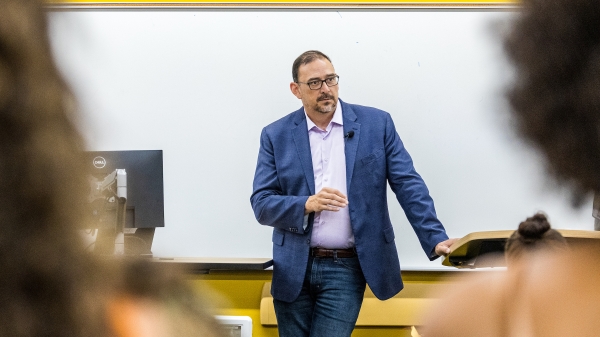
Arizona secretary of state encourages students to vote
Arizona Secretary of State Adrian Fontes looked right and left, taking in the more than 100 students who gathered to hear him…
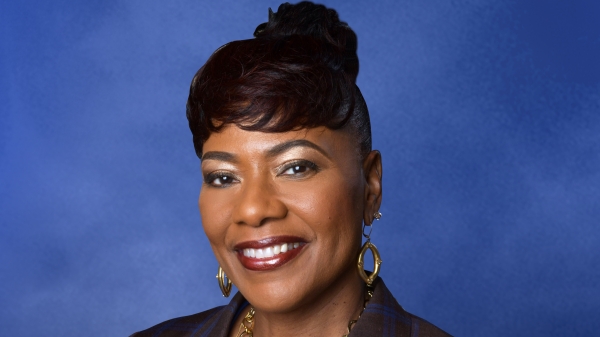
Peace advocate Bernice A. King to speak at ASU in October
Bernice A. King is committed to creating a more peaceful, just and humane world through nonviolent social change.“We cannot…
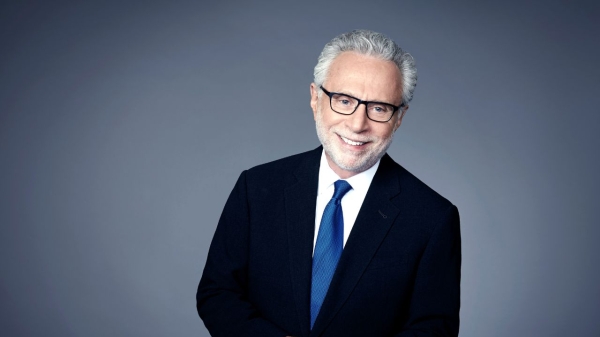
CNN’s Wolf Blitzer to receive 41st Walter Cronkite Award for Excellence in Journalism
Wolf Blitzer, the longtime CNN journalist and anchor of “The Situation Room With Wolf Blitzer,” will accept the 41st Walter…
